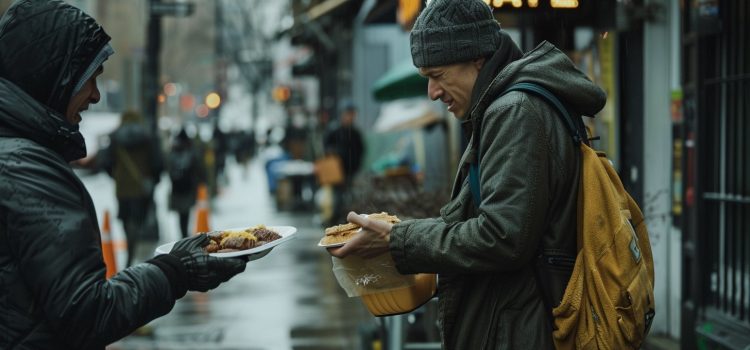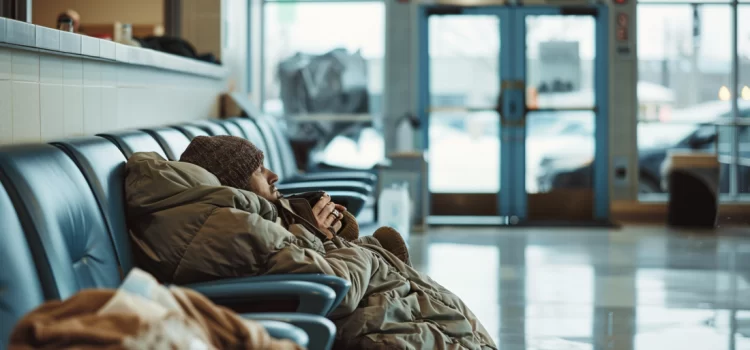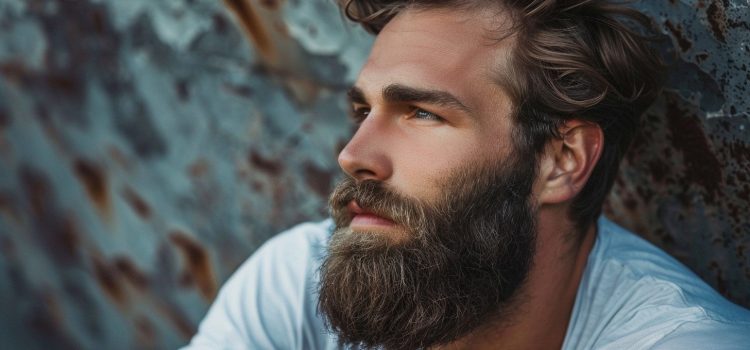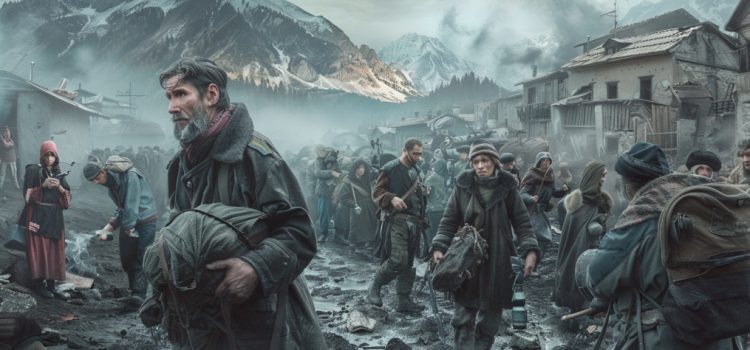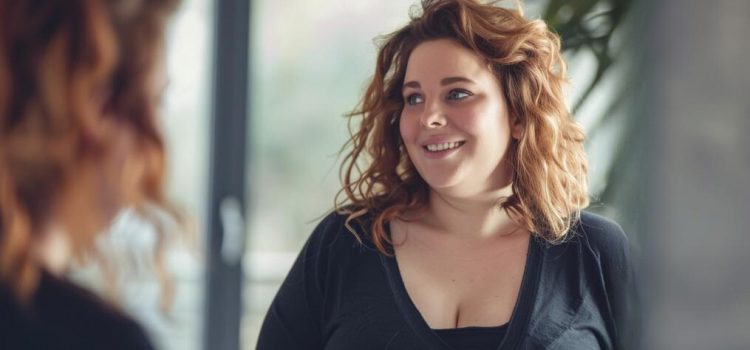Why should we help homeless people? What are innovative approaches to homelessness? Just because someone doesn’t have a home, doesn’t mean they don’t deserve human rights. The unhoused population still needs food, shelter, medicine, and clothes, just like everyone else. Let’s look at why helping the homeless will benefit everyone and the solutions to solving the housing crisis.
Why Should We Help Homeless People? Innovative Solutions
